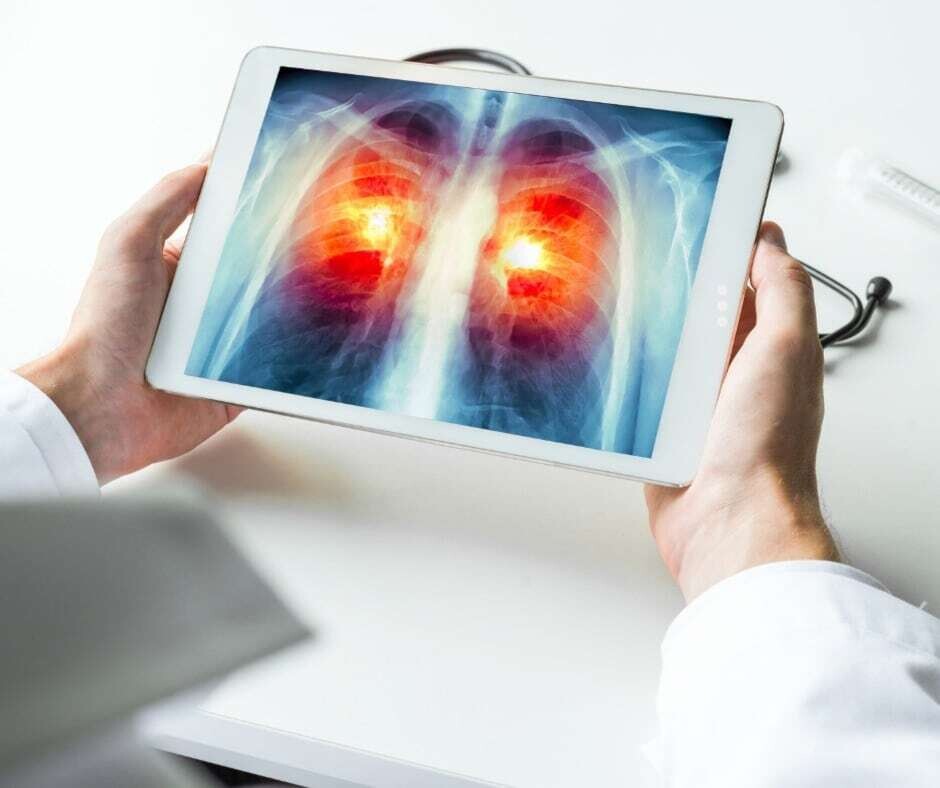
Lung cancer is a serious disease that can present symptoms such as persistent cough, difficulty breathing, chest pain, fatigue, unexplained weight loss, and loss of appetite. More than 70% of cases are diagnosed at advanced stages, so specialists recommend seeking medical check-ups at any suspicious signs.
Dr. José Manuel Mier, director of the Lung Cancer and Thoracic Tumors Clinic at Hospital Ángeles, highlights the revolutionary role of Artificial Intelligence (AI) in the detection and treatment of lung cancer. AI facilitates real-time information analysis, improves surgical precision, and offers personalized treatment plans based on a large database of similar procedures worldwide.
Additionally, minimally invasive surgery, which involves small incisions that do not affect healthy tissues, can reduce pain, bleeding, and speed up patient recovery.
The main risk factor for lung cancer is smoking, responsible for 85% of cases. In Mexico, nearly 9,000 cases are detected each year, many of them in advanced stages. Other risk factors include environmental pollution, exposure to substances such as radon, asbestos, arsenic, beryllium, and uranium, and genetic factors.
It is essential to detect lung cancer in its early stages to increase the chances of successful treatment. This disease is one of the leading causes of cancer death in the world, accounting for 18.5% of deaths from neoplasms, according to the World Health Organization (WHO).
Therefore, specialists emphasize the importance of prevention and attending regular medical check-ups, especially for those with a history of smoking or exposure to harmful substances. In 2020, 2.21 million new cases and 1.8 million deaths were reported globally due to this disease.














